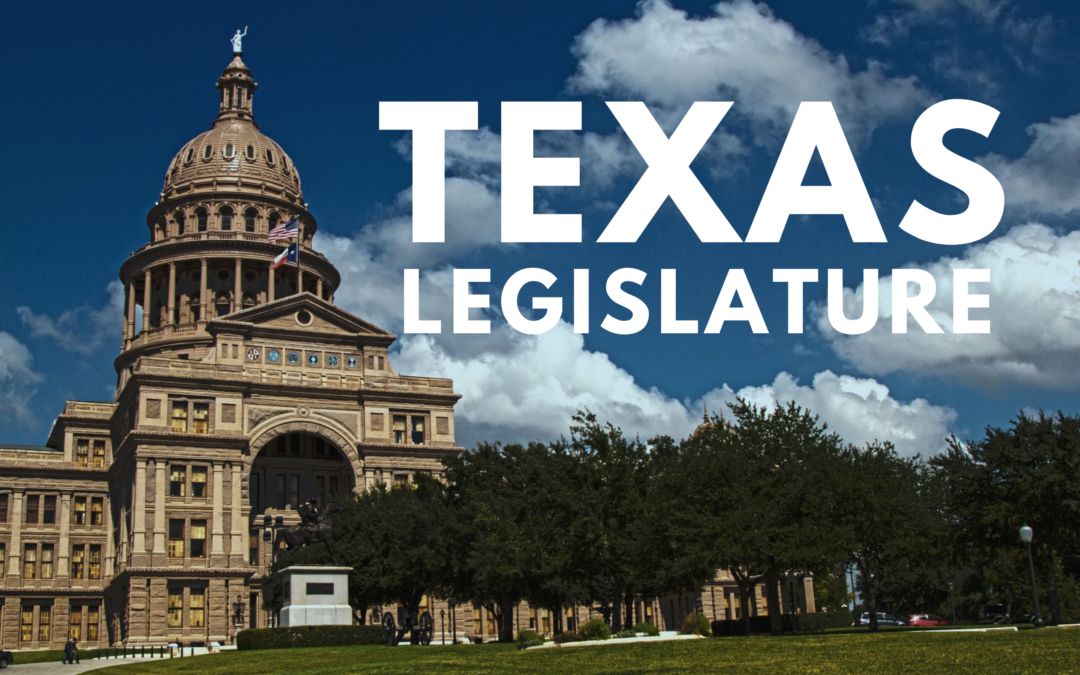Under Patrick’s instructions, the Senate’s Business and Commerce Committee will consider the following six energy-related charges.
________________________________________________

Lt. Gov. Dan Patrick
Lt. Gov. Dan Patrick has issued 57 charges for Texas Senate committees to study in preparation for the 89th Legislature, including several charges relating to the state’s power grid.
“The 57 interim charges I released today reflect issues that Texans have asked us to study,” Patrick said in a prepared release. “The Senate’s work to study the list of charges will begin in the coming weeks and months. Following completion of hearings, committees will submit reports with their specific findings and policy recommendations before December 1, 2024.”
Under Patrick’s instructions, the Senate’s Business and Commerce Committee will consider the following six energy-related charges.
- Electricity Market Design: Assess state efforts to provide incentives for new thermal generation. Review and report on the state of the electricity market in Texas and issues impacting the reliability and resiliency of the Texas electric grid. Consider rulemaking related to wholesale market design, including the impact of these changes on grid reliability, market revenues, costs to consumers, and the efficiency of operations. Examine and report on the direct and indirect impacts that variable resources, such as wind and solar, have on grid resiliency, consumer prices, and market uncertainty. Monitor the implementation of House Bill 1500, 88th Legislature.
- Texas Energy Fund: Review and report on the impact of Senate Bill 2627, the Powering Texas Forward Act, as passed by the 88th Legislature, which established the Texas Energy Fund (TEF) to provide grants and loans to finance the construction, maintenance, modernization, and operation of electric facilities in Texas.
- Innovative Power Generation: Explore emerging technologies with the potential to add new dispatchable power to our electric grid including, but not limited, to small modular nuclear reactors, advanced batteries, and new developments in hydrogen and geothermal resources. Identify and recommend regulatory and policy actions required to deploy emerging technologies within the state’s electric grid.
- Transmitting Texas Power: Identify the future electric transmission and distribution system needs of the state and recommend ways to reduce barriers to constructing the necessary electric infrastructure to support the growing demand and changes in technology. Review and make any necessary recommendations to enhance legislation passed during the 88th legislative session, including the status of projects to improve the safety and resiliency of the transmission system, as well as the effect of current and future projects on consumer costs.
- Managing Texas Sized Growth: Evaluate the state’s ability to keep pace with increasing electricity demand related to population growth and energy intensive technologies such as electric vehicles and data centers. Recommend ways to increase reliability via demand-side response programs. Study ERCOT’s forecasting methodology and recommend ways to increase transparency. Monitor ongoing efforts at the Public Utility Commission related to energy efficiency programs and distributed energy resources, including the implementation of Senate Bill 1699, 88th Legislature.
- Impact of Bitcoin Mining on the Texas Electric Grid: Study the impact of energy-intensive cryptocurrency mining facilities on the Texas electric grid. Report on whether any changes should be made to ERCOT demand response programs and large flexible load registration requirements to limit the impact of these facilities on system reliability and consumer costs.
The full list of interim charges can be found here.

